Allstate Boat Insurance – Recreational Boating Required Safety Equipment and Tips
Captain’s Report
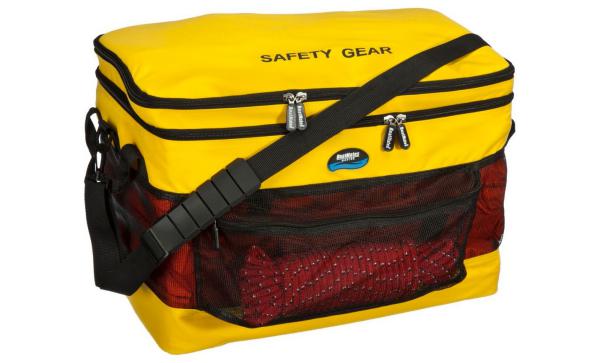
Required Safety Gear
The U.S. Coast Guard establishes minimum requirements for safety onboard nationally. There may be state and local requriements requirements and regulations. Know before you go.
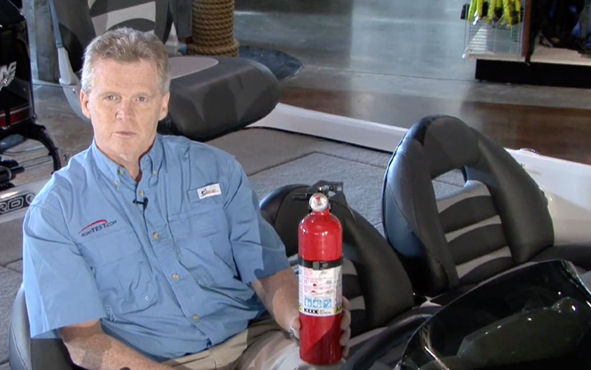
Fire Extinguisher Regulations
There are regulations on the size, type, and quantity of fire extinguishers based on the type and size of the vessel. The local United States Coast Guard Auxiliary or local Power Squadron can help so boaters can get exactly what they need. A B-1 or a B-2 will usually meet the requirements for your recreational boats. Most important, make sure everyone onboard knows where it is mounted and that they can get to it when neccessary.
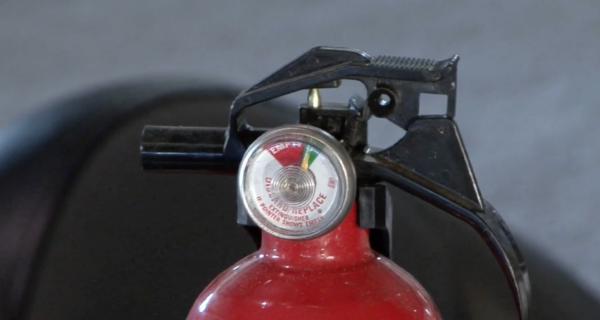
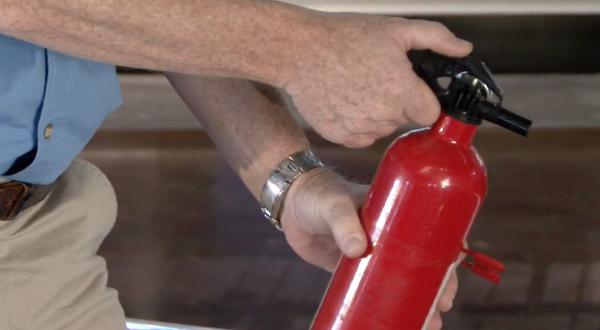
Be Prepared for Emergencies
A couple other items on the required list would be things like flares, a sound-producing device, and properly fitting PFDs for each person onboard. The point being, the key to handling an emergency is being prepared for an emergency.
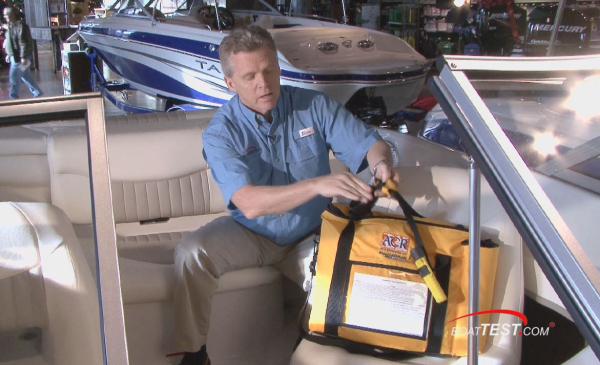
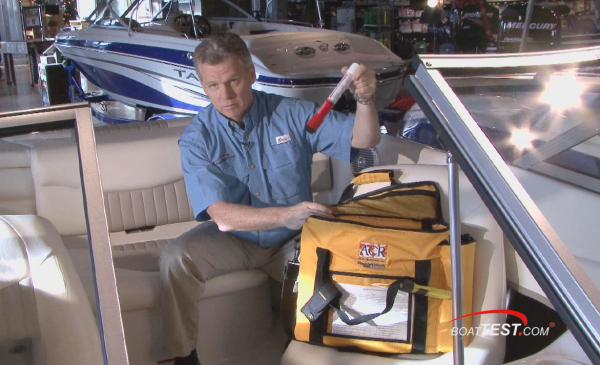
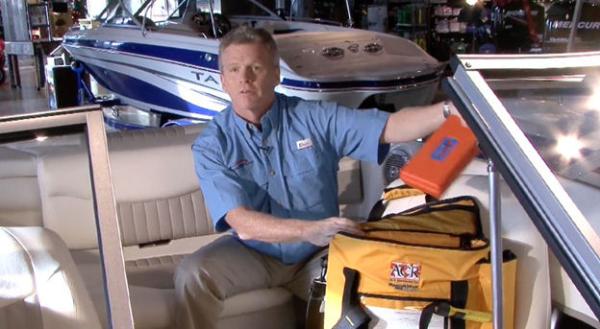
Emergency Drills
Make sure family members and friends are prepared for an emergency. Go through regular drills with everybody. Man-over-board procedures, fire or accidents, just to make sure that everyone knows what they are supposed to do, where they are supposed to be and when and how to contact authorities.
Back Up Operator
There should be at least one other person on board that has rudimentary knowledge of how to operate the boat in case the operator becomes disabled.
Safe Boating Course. Another important tip: take a safe boating course. It’s a requirement in most states and even if it isn’t required, every boater should do it anyway. The United States Coast Guard Auxilary and the U.S. Power Squadron both offer safe boating courses.